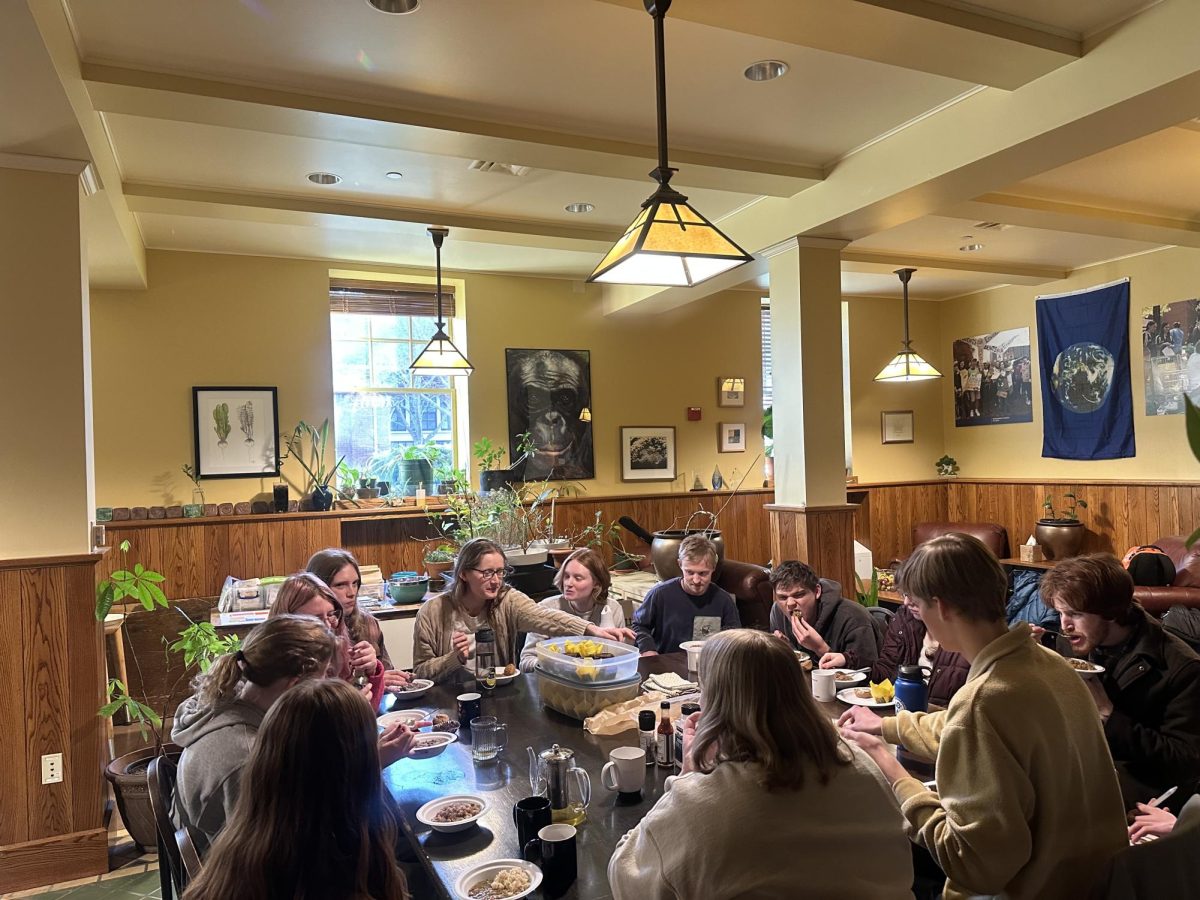By SAMANTHA HUNGERFORD
Although a new nurse practitioner will join the staff of the Winslow Health Center in November, the cancelled walk-in hours will not be reinstated, according to Sue Plunkett, director of health services.
The halting of walk-in hours at Winslow Health Center was triggered by the retirement of a long-time staff member, the growing number of students on campus, and students’ more complicated medical needs, Plunkett said.
Joyce Cortes, who Plunkett said worked at Allegheny for 15 years and whose four children all attended the college, retired in the spring. The health center is currently operating with only two full-time staff members and two part-time employees.
Plunkett said that the final straw encouraging the center to halt walk-ins came several Mondays ago.
“Every single slot was filled by 10:30 a.m., and so we were seeing one after another patients, and then between the hours of 1:30 and 3 p.m., 25 walk-ins came in,” she said. “And so when you have 60 people come through the door in a day, and you have basically two people to take care of them and a doctor an hour and a half in the morning, it becomes unmanageable.”
Plunkett said that so far, the change has been beneficial. Joe DiChristina, dean of students, agreed.
“I don’t have any complaints from students saying they weren’t able to be seen and so I think her reasoning behind all of that about appointments is less associated with staff numbers and more associated with the kinds of needs that students have,” he said.
Some students, however, are worried that the cancellation of walk-in appointments will mean a removal of a necessary component of health care.
“I think it’s really important that students are able to walk in, and I think that accessibility is a big thing with health care,” said Anastasia Wooten, president of the Reproductive Health Coalition. “As a group, one of the next projects that we’re probably going to try to communicate with the health center about and see what we can do, is to get that back.”
Plunkett said that by taking only scheduled appointments, the health center staff will be able to better manage its time and prepare to handle students’ needs before they get to the office. She also said that the change is for the protection of the students and the staff.
“I had a student on that Monday come in and they walked in, said they didn’t feel good, said they were a little short of breath, we took their temperature, it was 102, they sat in the waiting room coughing while we were taking care of other students,” Plunkett said. “Then she was ushered into my room, […] I realized into the visit she had pneumonia.”
The new staff member will be a nurse practitioner instead of an RN. According to Plunkett, the health center will be more able to respond to complicated student needs, because nurse practitioners can order and interpret tests, make diagnoses, and prescribe antibiotics, among other more extensive abilities.
“I think once November hits, we’re back to a place where we have a good skill set of individuals to be available for students,” DiChristina said. “For the last few years I have observed through knowing some of the work that Sue and her staff have done, that they respond well to students, to take care of student needs. ”









